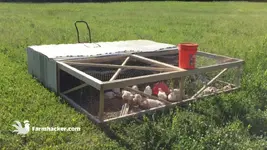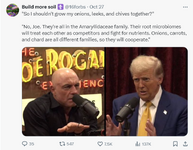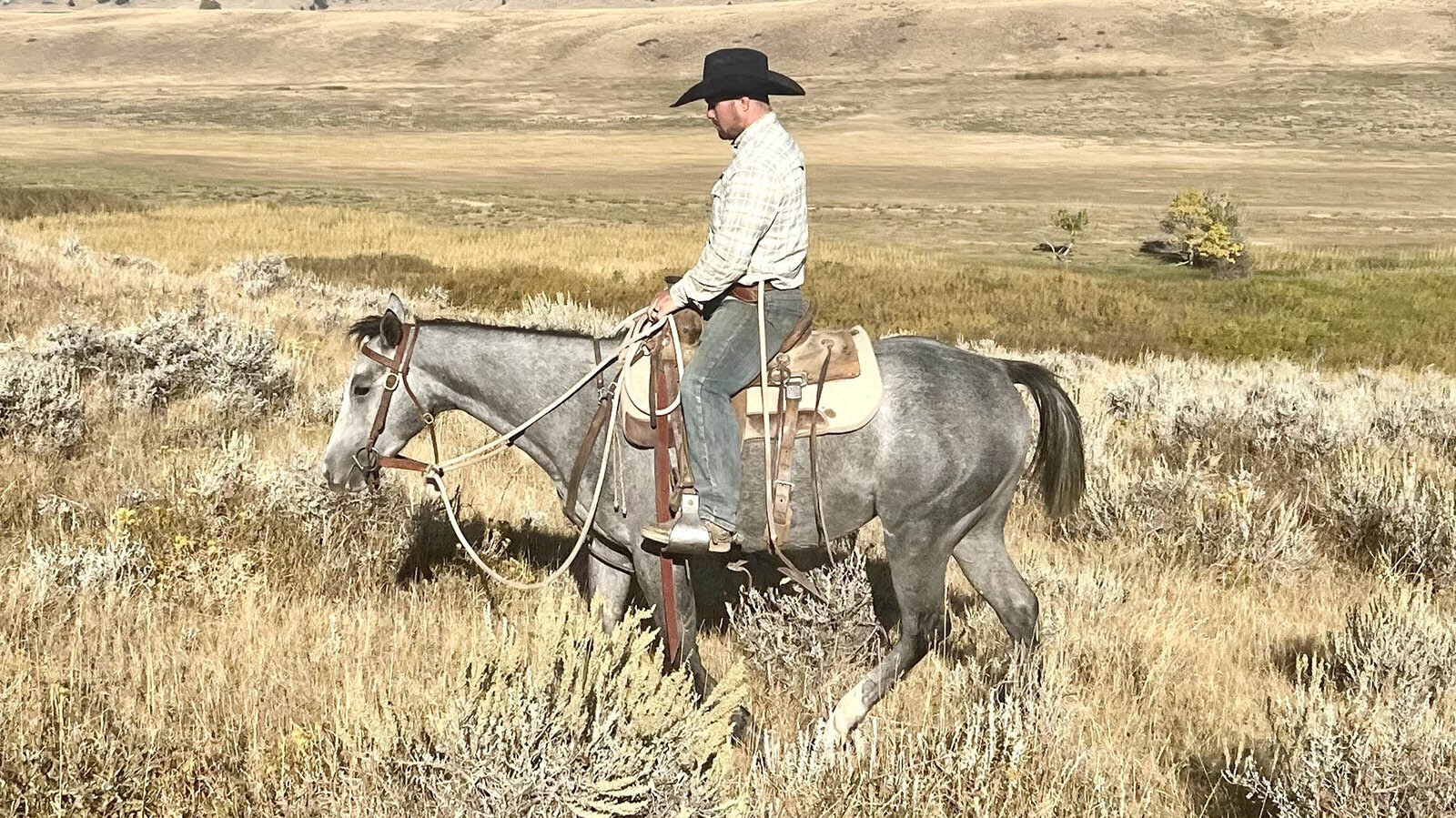TPTB are going after the potato farms in Idaho, claiming conservation of water is needed due to predicted shortage of water in the future. Idaho isn't suffering a drought and reservoirs are full.
WOWAmerican Farmer Blowing The Whistle On US Government
JUNE 2024, Idaho Farmer’s Water Is Being Shut Off. “A water shutoff order on literally a half million acres of farmland. — A lot of these farmers, and this impacts about 6,400 water users.”
“Property like this will become worthless. Without water, the land doesn't have any value here.”
“The state of Idaho has put a water curtailment order which is basically a water shutoff order on literally a half million acres of farmland.
— But a lot of these farmers that are farming this land have already invested thousands of acres, thousands of dollars per acre to grow potatoes. Good morning everyone. My name is Trevor Belknap. I operate a family farm, a fifth generation family farm in the Snake River Valley of eastern Idaho. I just wanted to visit with you for a minute about the impacts of the water curtailment order that's been issued by Director Weaver from the Outer Department of Water Resources.
The situation which we find ourselves is about as bad as it gets. Not only will we be out of business, many other businesses will be highly impacted and you as my friends and neighbors will also be impacted because we're so interconnected.
If the ag economy in eastern Idaho fails, which it surely will if this containment order is in place, it can remain in place, we'll dry up and blow away just like it did back in the dust bowl of the 30s. Banks will fail. Equipment dealers, car dealers, gas stations, grocery stores, all rely on the ag economy that's here in eastern Idaho. The children in our schools, how many of them belong to families who work in some form of ag industry in eastern Idaho?
It's horrible. And we need to fix it. And I would propose to you that it is not a water problem, it's a management problem. Because we have water. Reservoirs are full. The mountains are covered in snow. The river's been flowing well.
So why now? Why after we've planted our crops, we have crops in the ground that are already growing. Now, in the middle of June, they pull a curtailment order to say, you must cease pumping water. The cost is huge. An acre of potatoes costs upward of $4,000 an acre to grow. How will that ever be recovered? They will not grow without water. And what will that do to everyone else that's reliant upon us in this area and the state of Idaho?
What will the counties do for roads and bridges, police departments, ambulances, hospitals that rely on tax the tax base. Property like this will become worthless. Without water, the land doesn't have any value here.”





